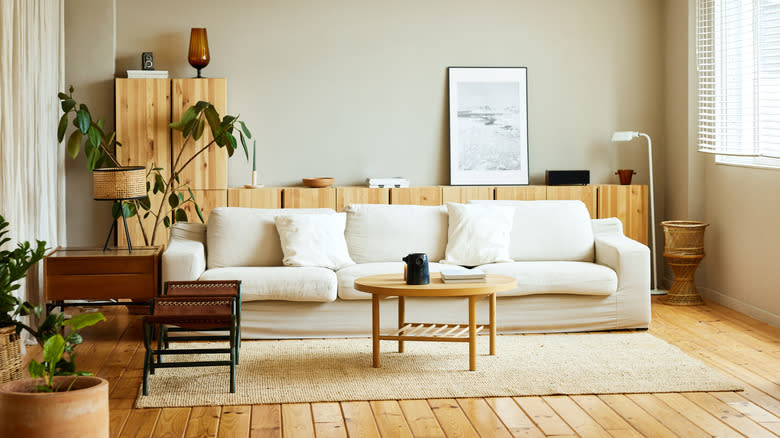In 2025, Germany continues to embrace a lifestyle of intentional simplicity, with minimalism emerging not just as a design trend but as a deeply rooted cultural philosophy. From the fashion runways of Berlin to the cozy, curated apartments of Munich, minimalism has become synonymous with modern German identity clean, efficient, and sustainable.
Minimalist living in Germany is more than just decluttering. It reflects a shift in mindset, where quality is prioritized over quantity and conscious choices are made in every aspect of life. Young professionals, families, and even retirees are increasingly drawn to downsized living, where smart design, sustainability, and emotional well-being intersect.
In German fashion, this philosophy is reflected in neutral tones, streamlined silhouettes, and functional pieces. Capsule wardrobes containing only essential, versatile items are no longer niche but mainstream. Many Germans now view clothing as a long-term investment rather than a seasonal trend, with a growing preference for locally made, ethically sourced garments. Brands that focus on transparency, durability, and eco-friendly materials are thriving in this landscape.
Homes too are being reshaped by minimalism. Urban apartments are designed to maximize light, space, and comfort. Open shelving, multipurpose furniture, and Scandinavian-inspired decor dominate the aesthetic, while smart technology supports energy efficiency. In cities like Hamburg and Frankfurt, micro-apartments compact but beautifully designed spaces have gained popularity among urbanites seeking simplicity without sacrificing style.
Food culture has also shifted. The minimalist lifestyle has led to a return to basics in the kitchen. Germans are cooking more at home, favoring seasonal produce, traditional recipes, and zero-waste techniques. Farmers’ markets and organic shops are booming, as people look for fresh, locally sourced ingredients. Plant-based diets and “flexitarian” lifestyles are on the rise, aligned with values of health and sustainability.
The minimalist mindset even influences leisure. Germans are prioritizing experiences over possessions, opting for travel, nature, and wellness. Hiking in the Alps, cycling through forested trails, or enjoying a silent retreat in a rural village these are the new markers of luxury. Mindfulness, yoga, and digital detox weekends are increasingly popular as antidotes to urban overstimulation.
Germany’s minimalist dream is not about deprivation but deliberate living. It’s a celebration of space, clarity, and balance. In a world that often equates success with accumulation, Germans are rewriting the script proving that less truly can be more. As 2025 unfolds, this lifestyle shift continues to influence everything from personal habits to national trends, reinforcing Germany’s reputation as a leader in sustainable, thoughtful living.

